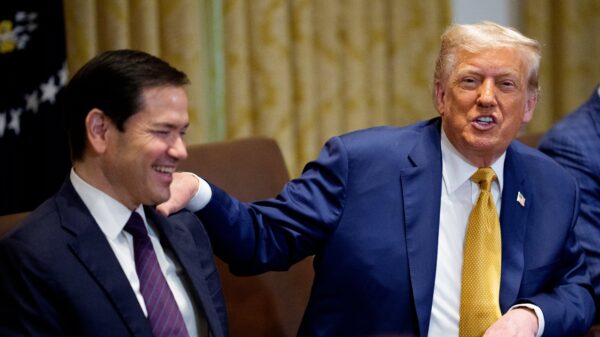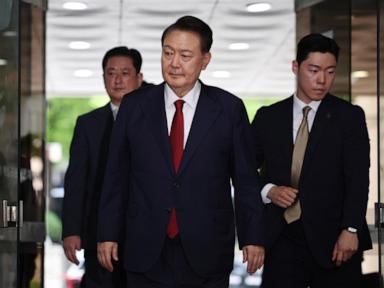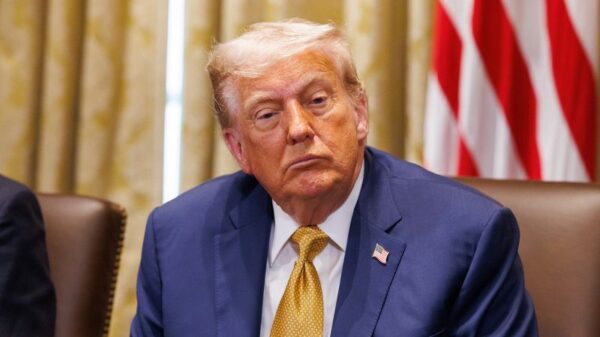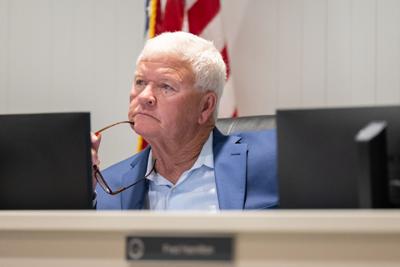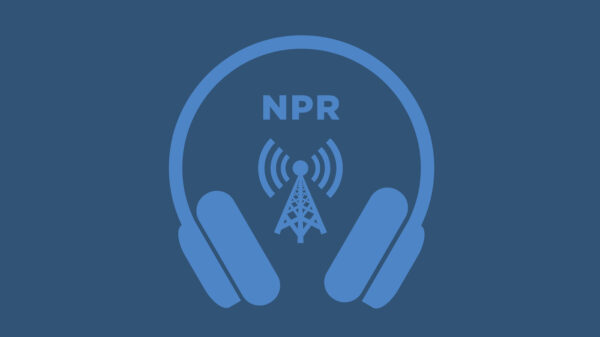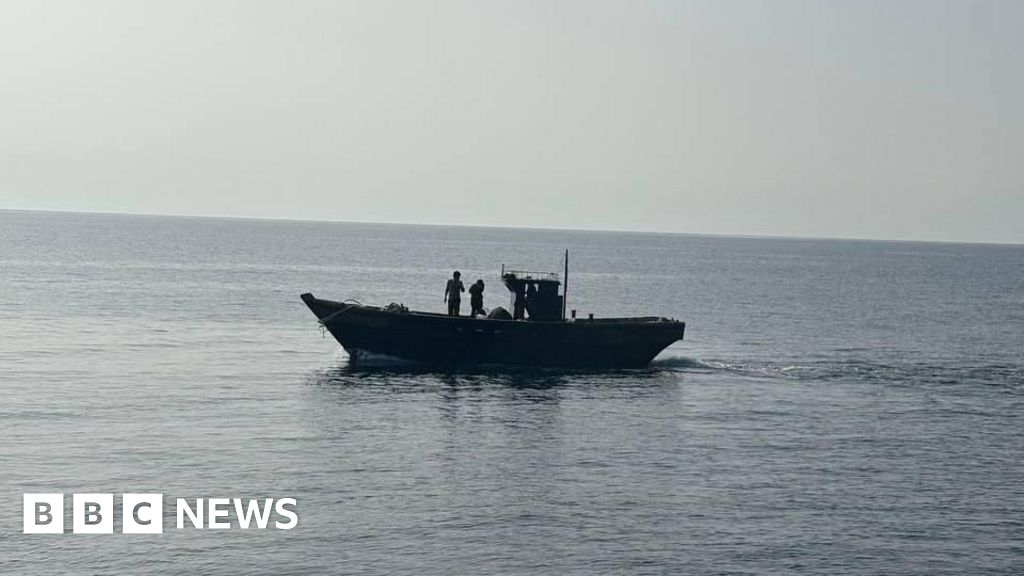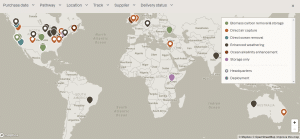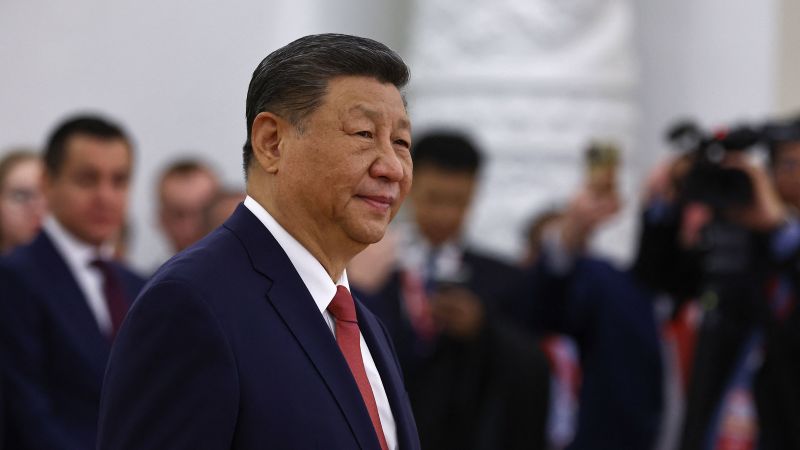South Korea has repatriated six North Koreans who inadvertently crossed into its waters, marking a significant event in inter-Korean relations. All six individuals had expressed a strong desire to return, according to the Ministry of Unification. This repatriation takes place against a backdrop of heightened tensions and the cessation of direct communication between the two nations.
Two of the North Koreans had entered southern waters in March 2023 and remained there for four months, the longest duration recorded for non-defectors. The other four were sailors who drifted into South Korean waters in May 2023, crossing a disputed maritime border. This incident represents the first repatriation under President Lee Jae-myung, who campaigned on improving relations with the North.
Efforts to coordinate the return had been ongoing for months. Previously, North Koreans who unintentionally entered South Korean territory were typically sent back through land routes after discussions between the two governments. However, following the severance of inter-Korean communication channels in April 2023, the process became more complicated. The only remaining communication pathways are through the United Nations Command and media outlets.
On the morning of the handover, North Korean patrol vessels and fishing boats were observed at the designated point, suggesting possible behind-the-scenes arrangements for the repatriation. Nam Sung-wook, a former head of the Korea National Strategy Institute, noted the risks of drifting boats, emphasizing the lack of coordination that could lead to further complications.
Upon their return, the six individuals are expected to undergo rigorous interrogation by North Korean authorities. According to Nam, they will likely be questioned about any espionage training or sensitive information they may have encountered during their time in the South. Following this intense scrutiny, they might be tasked with disseminating propaganda to reinforce the legitimacy of Kim Jong Un’s regime, according to Lim Eul-chul, a professor specializing in North Korean studies at Kyungnam University.
The recent repatriations have sparked confusion among North Korean defectors. Activist Lee Min-bok expressed disappointment that the six individuals were not given an opportunity to engage with defectors who could share insights into South Korean society. He emphasized the importance of informing them about the realities of life in South Korea, particularly regarding the potential repercussions they may face from the North due to their experiences.
Despite President Lee’s commitment to restarting dialogue with North Korea, public sentiment in the South suggests limited enthusiasm for engagement. Celeste Arrington, director of the George Washington University Institute for Korean Studies, indicated that North Korea’s growing ties with Russia have diminished its need for interaction with the South. Moreover, public opinion in South Korea appears to reflect a reluctance to pursue relations with the North.
As South Korea’s National Assembly debates legislation aimed at banning balloon launches into North Korea, which activists previously used to spread anti-regime messages, the future of inter-Korean dialogue remains uncertain. Following Lee’s election in June, the military suspended loudspeaker propaganda broadcasts across the border, which officials described as a step towards restoring trust in relations.
While the repatriation of the six North Koreans represents a notable event, analysts caution that substantial improvements in relations between the two Koreas are unlikely in the near future. The complex geopolitical landscape and internal dynamics within both nations continue to pose significant challenges to meaningful engagement.




